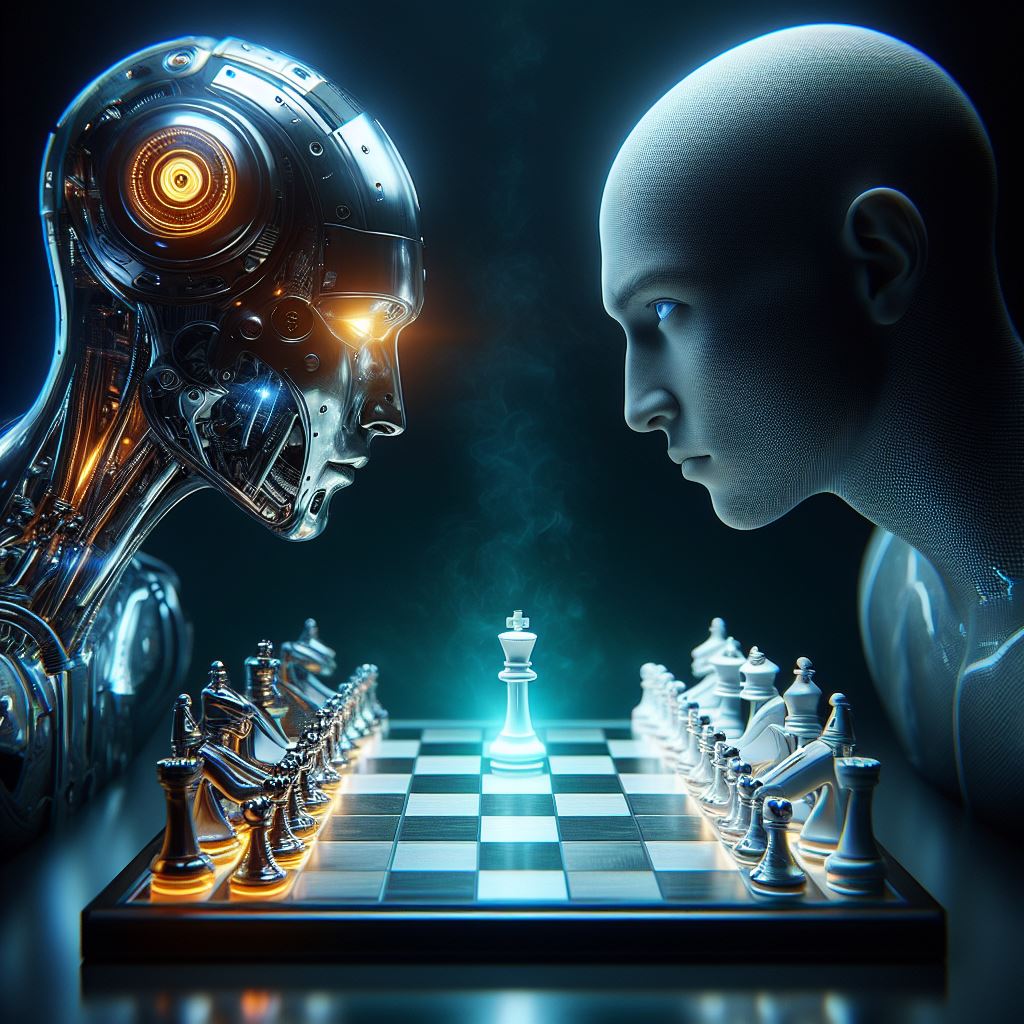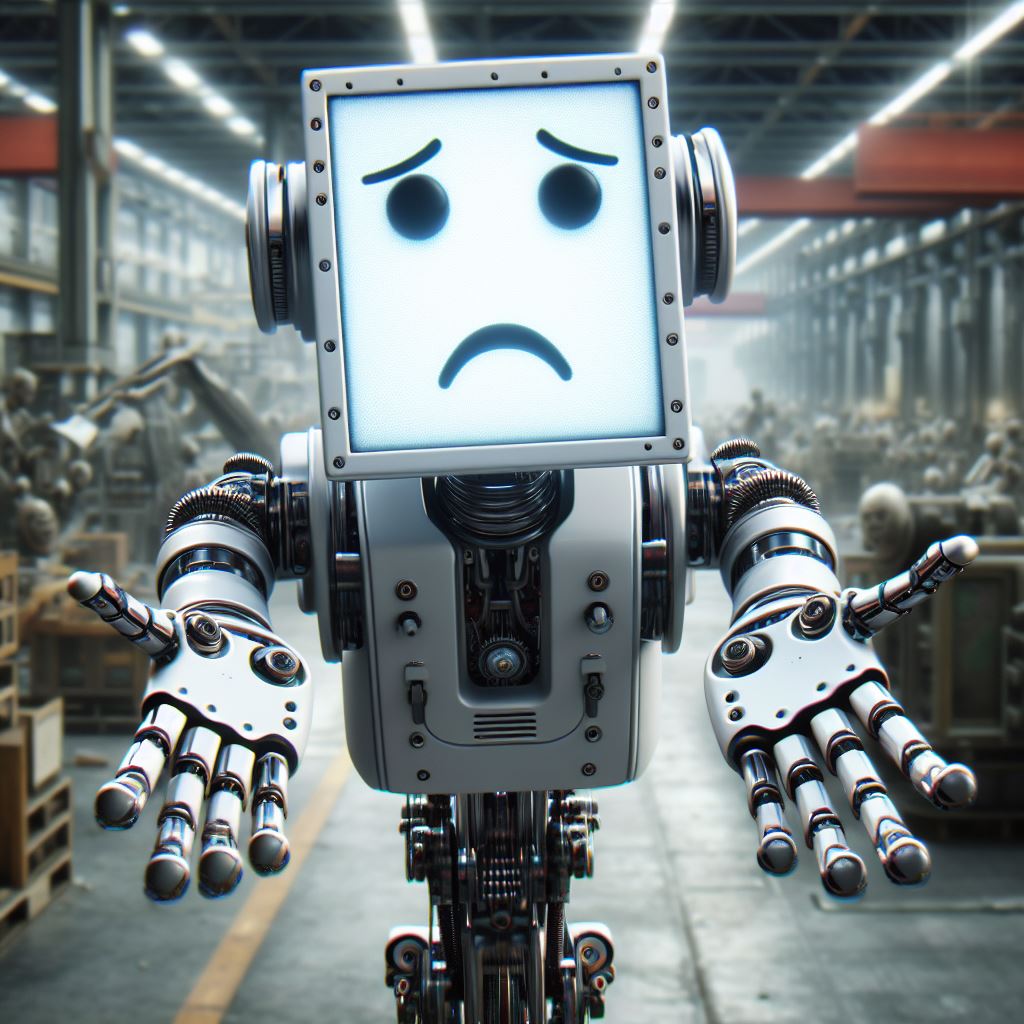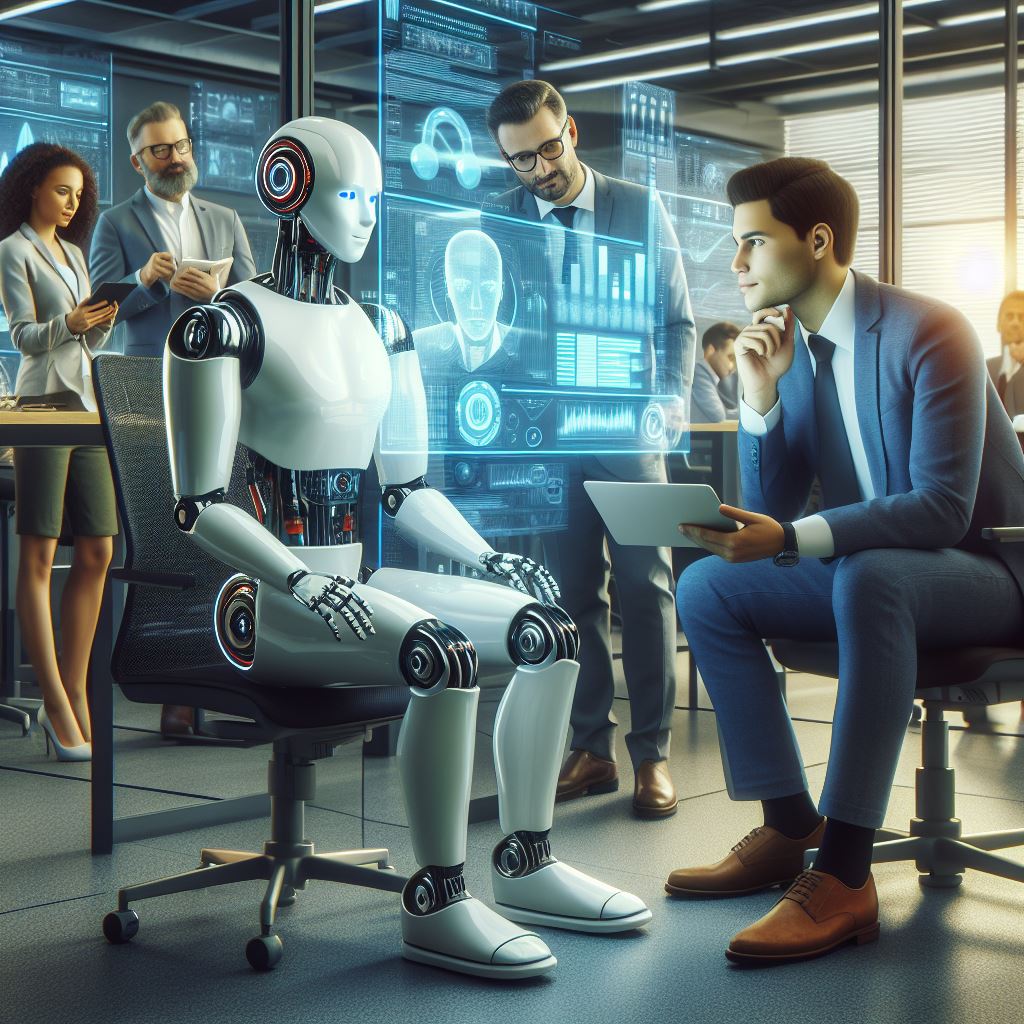The rapid advancement of Artificial Intelligence (AI) has sparked both excitement and concern about its potential to reshape the job market. As we navigate the landscape of technological progress in 2024, the question looms large: Will AI steal your job this year?
Want to know more about our Tech Solutions? Visit us at www.nesesho.com
To assess this, it’s imperative to acknowledge the multifaceted relationship between AI and employment. While AI undoubtedly automates certain tasks and processes, its impact on jobs is more nuanced than a simple ‘stealing’ scenario.
The Transformative Role of AI
AI has transcended its initial role as a tool for automation. It has metamorphosed into a catalyst for innovation across various sectors. Instead of stealing jobs outright, AI often redefines and refines them, leading to a paradigm shift in the nature of work.
In fields like healthcare, AI augments human capabilities, assisting doctors in diagnosis and treatment planning. In manufacturing, AI-driven robotics streamline production but also create new roles for maintenance and oversight. Likewise, in finance, AI algorithms enhance decision-making but require human expertise for contextual understanding and ethical considerations.
Job Displacement vs. Job Transformation
It’s undeniable that certain jobs face displacement due to AI-driven automation. Repetitive and routine tasks are susceptible to being replaced by AI algorithms. However, the narrative of mass job loss oversimplifies the situation. The reality is a shift toward job transformation rather than wholesale replacement.
AI’s role in job transformation involves the creation of new roles, demanding skills in areas like data analysis, programming, and AI maintenance. While some traditional roles may dwindle, new and unforeseen job opportunities emerge as industries adapt to technological advancements.
The Imperative Need for Upskilling and Adaptation
The key to thriving amidst AI’s evolution is adaptability and continual upskilling. The workforce of 2024 must embrace lifelong learning to remain relevant in a dynamic job market. Rather than viewing AI as a threat, individuals and organizations must perceive it as an opportunity to upgrade skills and diversify expertise.
Employers have a pivotal role in facilitating this transition by investing in training programs and reskilling initiatives. Governments and educational institutions also play a crucial role in preparing the workforce for the demands of an AI-driven economy through comprehensive educational reforms and accessible learning opportunities.
The Human Element: Irreplaceable Skills
AI excels in processing vast amounts of data and executing repetitive tasks with precision. However, there are domains where human skills shine and remain irreplaceable. Skills like creativity, emotional intelligence, critical thinking, and ethical decision-making are quintessentially human and complement AI capabilities.
Jobs requiring empathy, complex problem-solving, and nuanced communication are less susceptible to automation. Roles that involve creativity, such as artistry, innovation, and content creation, rely on human ingenuity that AI struggles to replicate.
A Collaborative Future
The future of work in 2024 isn’t a dichotomy between humans and AI; it’s a synergy between the two. The optimal scenario involves a collaborative partnership where AI complements human capabilities, enabling us to achieve feats that neither could accomplish alone.
As we progress further into the era of AI, the focus must shift from fearing job loss to preparing for a workforce that’s adaptive, agile, and equipped with a diverse skill set. It’s about leveraging AI as a tool for augmentation rather than replacement.
Conclusion: Embracing the Evolution
In 2024, the narrative around AI and jobs isn’t one of theft but evolution. While AI will undoubtedly reshape certain job landscapes, it’s the adaptability and resilience of the workforce that will define the future.
The key lies in proactive preparation, continuous learning, and embracing the human element that AI cannot replicate. By cultivating a symbiotic relationship between AI and human ingenuity, we pave the way for a future where innovation thrives, and job roles evolve in tandem with technological advancements. It’s not about AI stealing jobs; it’s about humanity embracing change and thriving in a world of endless possibilities.
Want to know more about our Tech Solutions? Visit us at www.nesesho.com



